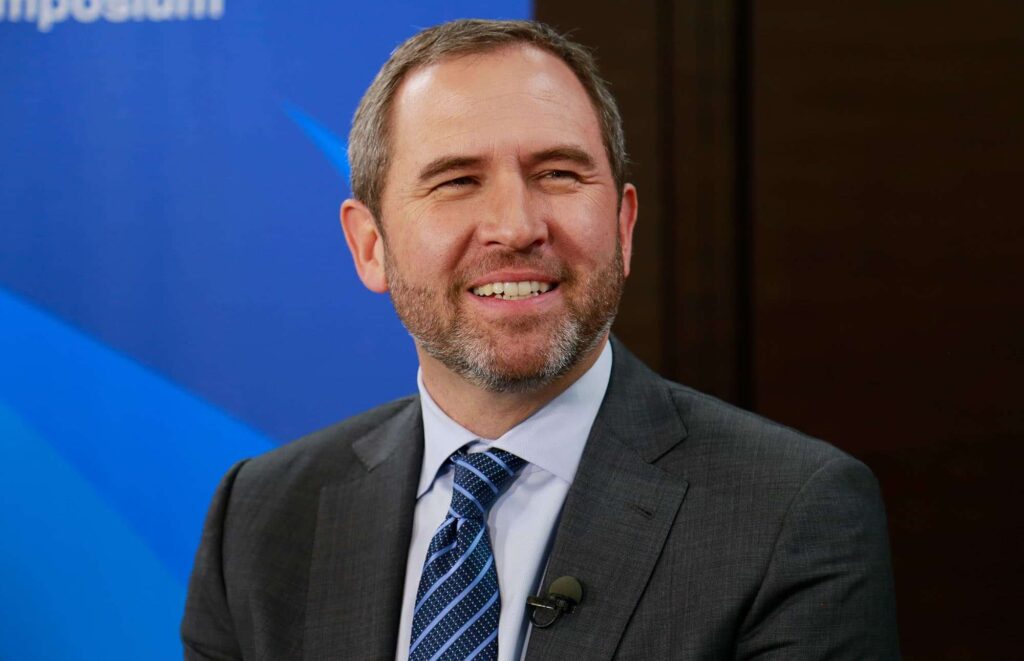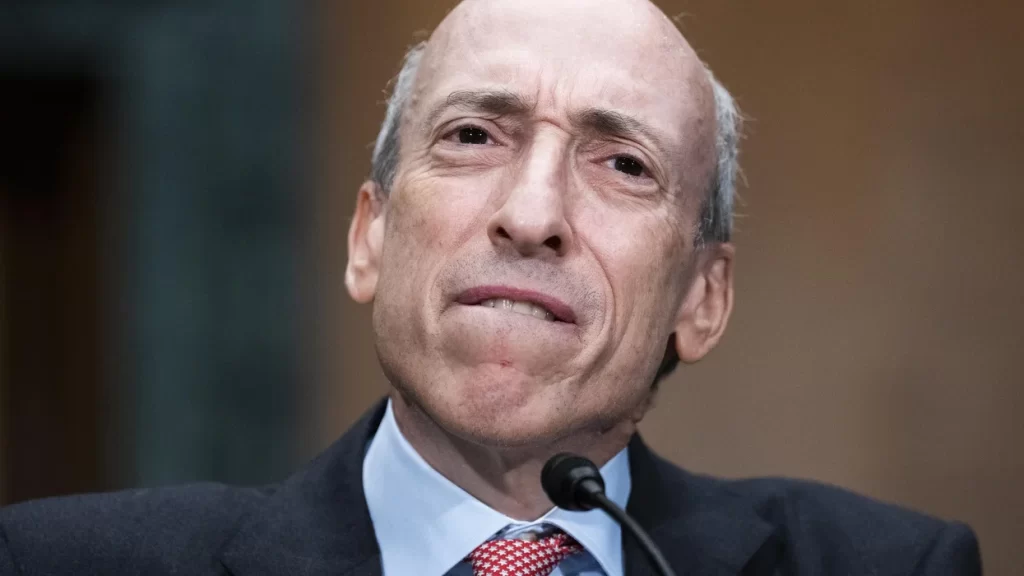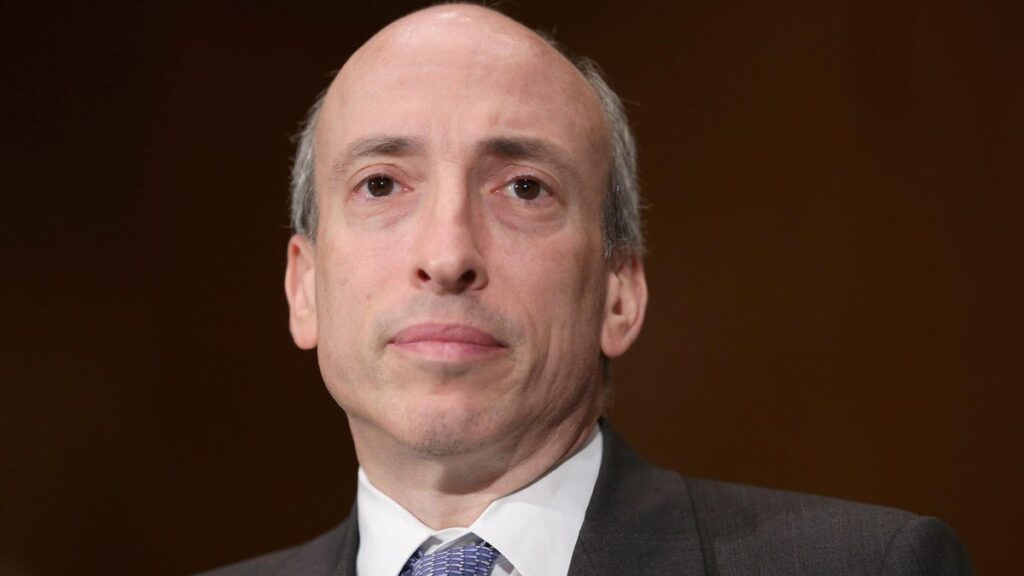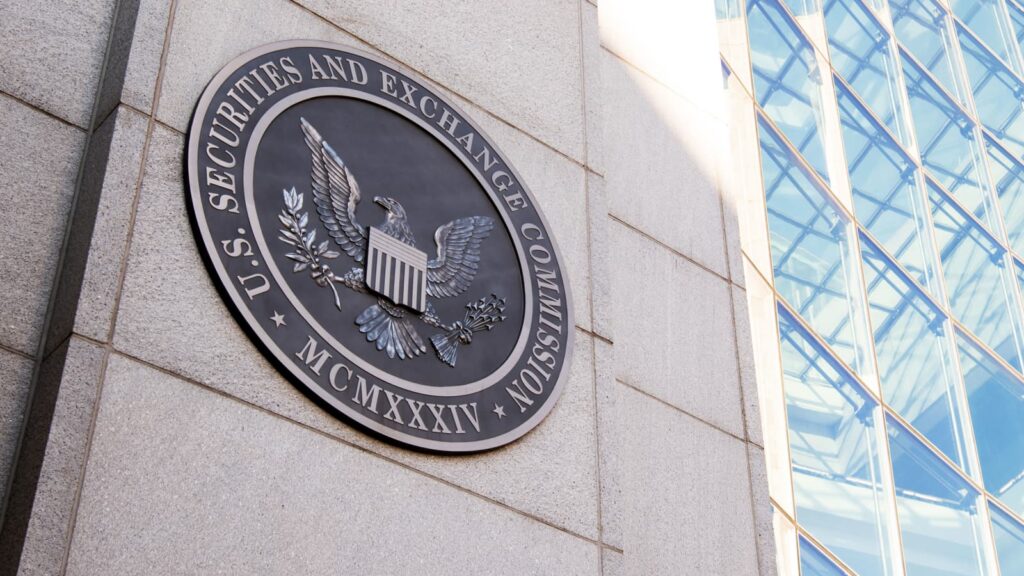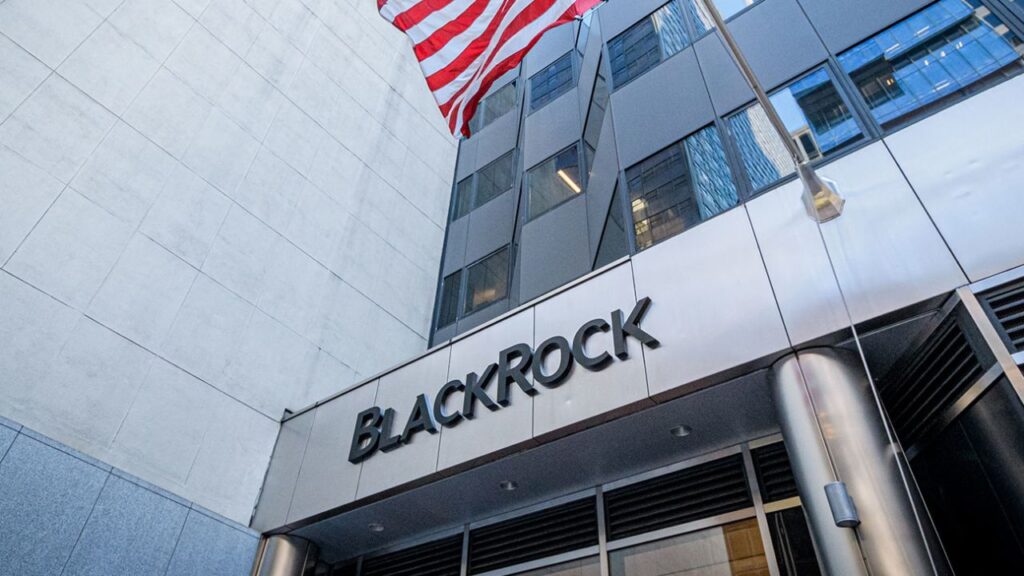On July 13, 2023, Judge Analisa Torres of the United States District Court made a significant ruling declaring that Ripple’s XRP token should not be classified as a security when traded on retail digital asset exchanges.
This decision came as a major victory for Ripple and the entire cryptocurrency community in the United States.
Stuart Alderoty, Ripple’s chief legal officer, emphasized that the ruling debunks the U.S. Securities and Exchange Commission’s (SEC) theory that a token can be considered an investment contract and, therefore, a security.
He believes this ruling puts an end to the SEC’s dominance in the crypto space and its tendency to settle with smaller players who lack resources to challenge them.
Despite the positive outcome for Ripple, New York Representative Ritchie Torres raised concerns regarding the lack of protection for retail investors in securities law.
Torres advocated for a market structure bill to safeguard average American consumers in the crypto market.
He highlighted the importance of distinguishing between digital assets and securities within investment contracts, and the need to differentiate between institutional and retail buyers.
According to Torres, if a crypto token is purchased directly from an issuer or promoter by an institutional buyer, it qualifies as a security offering.
However, if the same token is acquired by a retail customer on an exchange, it falls outside the scope of securities law.
This distinction calls for a comprehensive market structure bill that can establish a reliable regulatory framework for digital assets.
The Representative revealed that he has been actively negotiating with Republicans in the House Financial Services Committee to craft a crypto market structure bill that balances robust regulation with protecting retail investors from bad actors.
While he personally supports blockchain technology and its potential to revolutionize various sectors, Torres asserted that policymakers’ role is to create a framework for regulating digital assets and safeguarding investors and consumers, irrespective of their personal views on the utility of cryptocurrencies.
Torres underlined the urgency of passing a market structure bill alongside the Ripple decision to provide clarity and protect retail customers.
He aimed to shield crypto innovators from arbitrary enforcement and, more importantly, ensure the safety of individual investors.
The combination of the Ripple ruling and a market structure bill would create a much-needed regulatory structure for the rapidly evolving crypto industry.
Clarity in regulations is deemed essential to enable the growth and success of blockchain technology and cryptocurrencies in building a more efficient and secure payment system, known as Web3.
Torres’ advocacy focused on the importance of addressing the shortcomings of the current status quo to provide a safer environment for retail customers investing in digital assets.
Other Stories:
Why You Should Be Bullish Despite Bitcoin Price Falling Below $30,000
Bitcoin Mining Companies Employ Derisking Strategies, Offload BTC to Exchanges
Robert F. Kennedy Jr. Pledges to Back US Dollar with Bitcoin if Elected President

